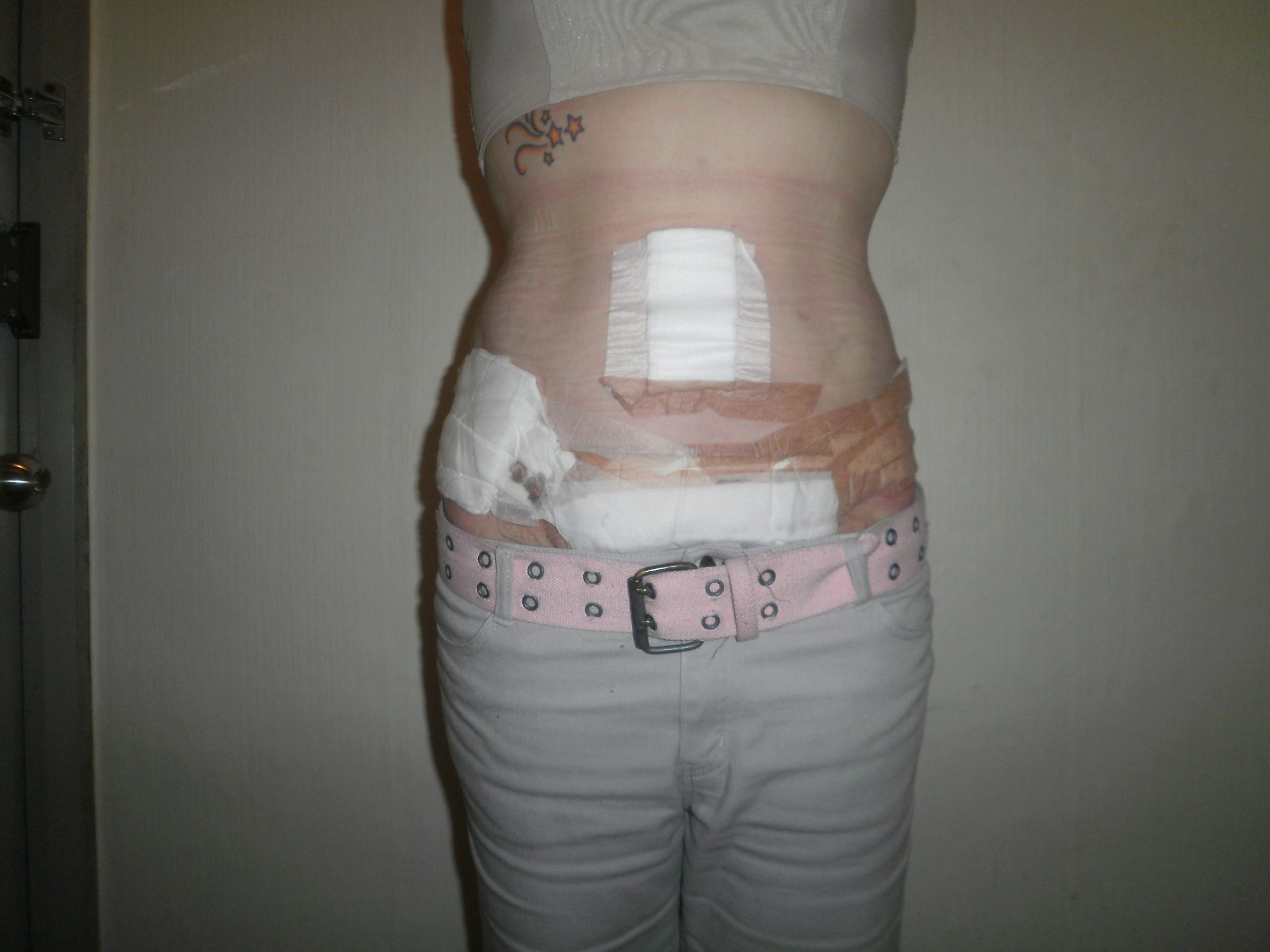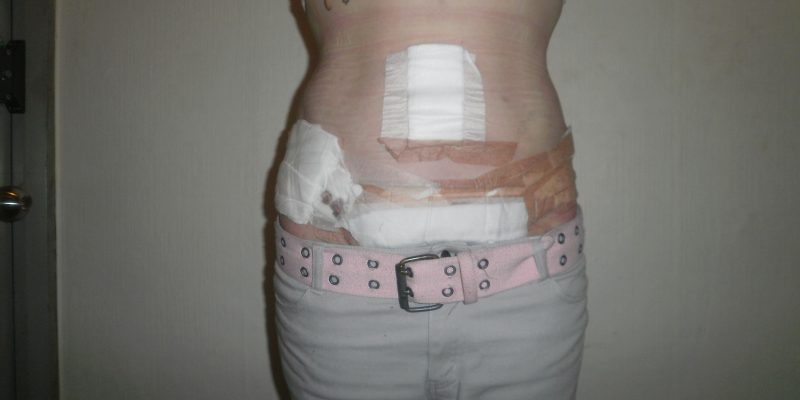Are you considering liposuction as an option for reshaping your body and removing fat deposits? Liposuction is a popular cosmetic procedure that can help create a more contoured figure. Darren Smith MD offers awake liposuction in NYC, allowing patients to experience improved results with less downtime. Having realistic expectations before undergoing the procedure is important for achieving successful outcomes. Here’s what you need to know before and after getting liposuction.
What Is Liposuction?
Liposuction (also known as suction lipectomy) is a type of cosmetic surgery used to reduce areas of unwanted fat from certain body parts, such as the abdomen, hips, thighs, buttocks, arms or neck. It’s usually done under local anesthesia or general anesthesia using small incisions and suctioning out unwanted fat cells through hollow tubes called cannulas. Liposuction aims to improve appearance by sculpting different areas of your body rather than reducing overall weight significantly.

Benefits & Risks of Liposuction
Like any other surgical procedure, there are both benefits and risks associated with liposuction. Some potential benefits include:
• More permanent results compared to non-invasive treatments
• Improved overall body shape without creating sagging skin
• Decreased risk factors linked to obesity, like diabetes
Risks may include infection, excessive bleeding, nerve damage or reaction to anesthesia. It’s important to note that people who are overweight should consider losing weight through diet and exercise before doing this procedure since it won’t lead to significant weight loss.
Preparing For Your Surgery
Before having this procedure, you will probably have an initial consultation with your doctor to discuss your desired outcome and to review any medical history or allergies that may affect the outcome of the procedure. You’ll also have the opportunity to ask questions about any concerns you may have about the surgery itself, such as potential risks or expected recovery time. Your doctor may recommend further tests before your appointment, such as blood tests or imaging scans, to make sure you’re healthy enough for surgery. Once all these details have been addressed, it’s time for the pre-operative instructions, which usually include quitting smoking for at least two weeks prior to surgery due to an increased risk of complications during the healing process after surgery, along with avoiding anti-inflammatory medications such as ibuprofen prior to surgery as these can also increase bleeding potential during/after surgery! Also, make sure you have someone available to drive you home after the procedure, as the sedation may affect your ability to drive safely afterward!
Recovery & results from liposuction
Immediately after surgery, most patients experience some soreness and swelling around the treated area(s). Compression garments are often worn over a bandage applied directly to the skin to minimize discomfort while aiding healing over the next few days/weeks following surgery! Mild painkillers may be prescribed if needed, but it’s important to avoid strenuous activity in the early stages of the post-operative period due to potential complications such as fluid build-up, medically known as seroma, which may require additional surgical intervention down the line if left untreated initially! With proper care however, results should start to become visible within 3 months of treatment date, although full effects take up to 12 months to reach their peak level of efficacy once final settling has occurred! Long-term success depends on individual patients maintaining healthy lifestyle habits, including a balanced diet and regular exercise regime, which their chosen specialist recommends they adhere to going forward to maintain the new shape achieved through lipo procedures performed earlier in life!

Final thoughts on liposuction
Anyone interested in having liposuction must understand all aspects involved in terms of safety precautions needed to achieve desired results when researching, surgeons who perform this type of operation choose carefully the best fit personal needs and preferences as each provider offers different sets of pros and cons depending on skill set unique abilities bring to the table each case basis discussed beforehand between professional setting well-informed patient given time in advance. No matter how complex the situation may appear, others looking from an outside perspective are familiar with the particular field expertise required to complete the task successfully. The result proves satisfactory; both sides involved ultimately agree on mutually beneficial terms and reach a point of satisfaction met regarding job being completed in a satisfactory manner everyone happy and moves on to next step journey towards healthier, better version of self, lives today, tomorrow, and future beyond imagination!




